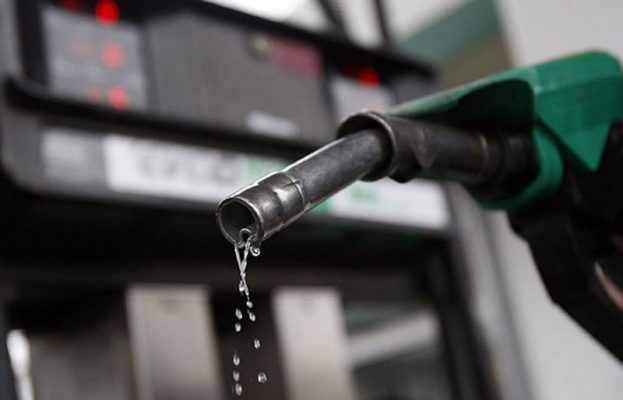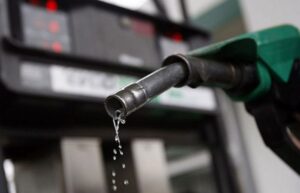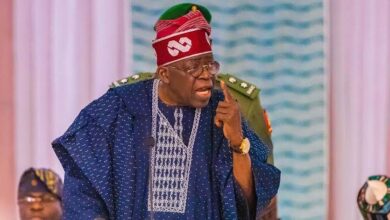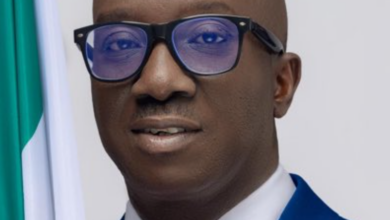Petrol Landing Cost Rises To N180

Premium Motor Spirit (petrol) imported into the country has risen in one month to about N180 equaling a 13.34% increase per litre on the back of the increase in global oil prices.
Crude oil price accounts for a large chunk of the final cost of petrol, and the deregulation of petrol price by the Federal Government last year means that the pump price of the product will reflect changes in the international oil market.

Going by the petrol pricing template of the Petroleum Products Pricing Regulatory Agency, the landing cost of petrol rose to N179.67 per liter last Friday from N158.53 per liter on January 7, with the expected open market price (pump price) of the product increasing to N202.67 per liter from N181.53 per liter.
The rising price of crude oil pushed the cost of petrol quoted on Platts to $543.25 per metric tonne (N157.99 per litre, using N390/$1) last Friday from $480.25 per MT (N139.67 per liter) on January 7.
The international oil benchmark, Brent crude, rose to $59.34 per barrel on Friday from $53.70 per barrel on January 7.
Apart from the changes in global crude oil prices, the exchange rate of naira to the dollar also affects the cost of imported petrol.
The devaluation of the naira last year contributed to the significant rise in the landing cost of petrol.
The PPPRA used an exchange rate of N306.90/$1 on January 14, 2020, to calculate the cost of petrol, while N387.63/$1 was used on July 31.
The naira closed at 398.50 against the dollar on Monday at the Investors’ and Exporters’ Foreign Exchange Window, and 480/$1 at the parallel market.
The Central Bank of Nigeria has kept the official exchange rate at N379/$1 since August when it devalued the naira for the second time in 2020 from N360 per dollar.
Other cost elements that make up the landing cost include freight (N8.74), lightering expenses (N4.57), insurance cost (N0.24), Nigerian Ports Authority charge (N2.38), Nigerian Maritime Administration and Safety Agency charge (N0.23), jetty throughput charge (N1.61), storage charge (N2.58), and financing (N1.33).
The freight cost increased to $30.04 per MT (N8.74 per liter) last Friday from $20.47 per MT (N5.95 per liter) on January 7.
The pump price is the sum of the landing cost, wholesale margin and distribution margins. The wholesale margin is N4.03 while the distribution margins comprise transporters allowance (N3.89), retailer (N6.19), bridging fund (N7.51), marine transport average (N0.15), and admin charge (N1.23).
The Federal Government announced last week the commencement of discussions with representatives of the labour movement on how to raise the freight rate from N7.51 per liter to N9.11 per liter.
Private oil marketing companies have continued to lament that their inability to access foreign exchange at the official rates has hampered efforts to resume petrol importation.
“The forex problem is real; it is only full deregulation that will allow access to forex. If you look at the prices of diesel and Aviation Turbine Kerosene; those are reflective of the price at which the market is accessing forex,” the Executive Secretary/Chief Executive Officer, Major Oil Marketers Association of Nigeria, Mr. Clement Isong, said.



